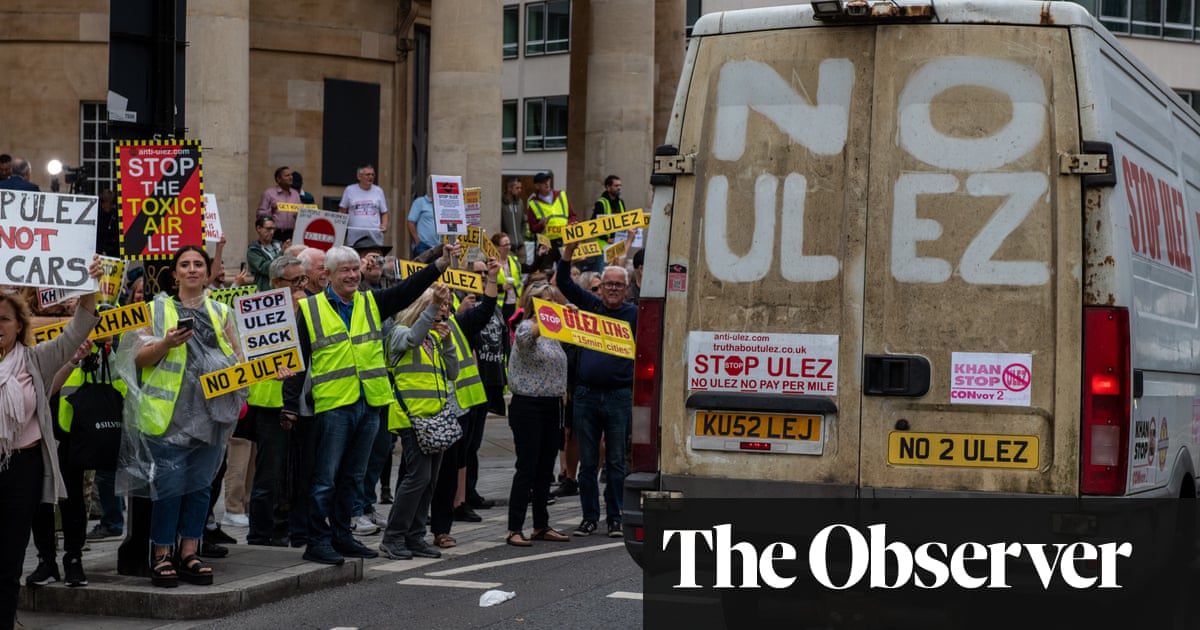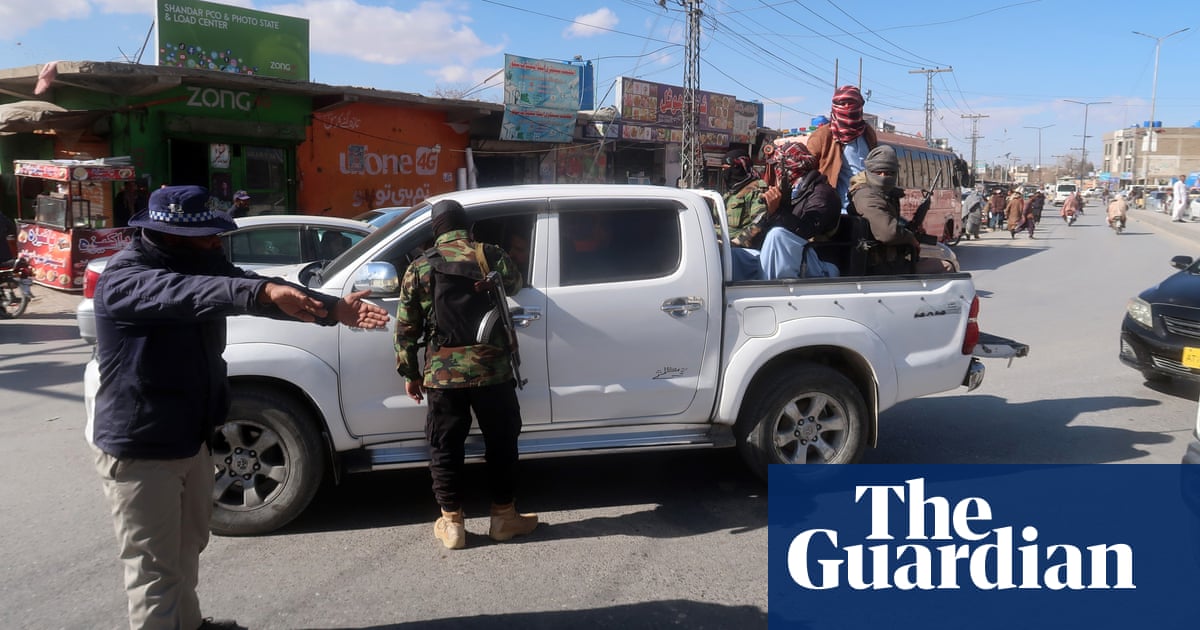
Many governments still perceive that hosting major sporting contests commands significant international prestige. Yet this view has been tested in recent weeks by the challenges facing Qatar as hosts of the FIFA World Cup, the final of which, between France and Argentina, will take place on Sunday.
Qatar can rightly take pride in the fact that it is the first Arab and Muslim nation to host the tournament and that there has been substantial viewer interest around the world. Take, for example, the average audience of 36.37 million people in Japan who watched their national team’s match against Costa Rica on Nov. 27, a figure that was 74 percent higher than the average group stage audience during the 2018 World Cup in Russia.
Meanwhile, the match between the US and England on Nov. 25 set a record as the most-watched men’s football match in the US, with a peak audience of 19.65 million tuning in to watch the English-language broadcast.
Yet, positive as all this might be for Qatar and world football ruling body FIFA, the 2022 World Cup also became the latest major sporting event to be beset by political controversies and wider reputational risks.Despite these challenges, Qatar has sought to project to the world the image of a modernizing, economically dynamic state that is building on its energy power base. It produces 77 million tons of liquefied natural gas a year, about a quarter of global production, which makes it as big a player in this field as the US and Australia. Production is forecast to increase to 126 million tons a year by 2026-27.
The challenges Qatar faced over its hosting of the World Cup came hot on the heels of those that China had to contend with when it hosted the Winter Olympics this year. Several Western countries staged a diplomatic boycott of the event in Beijing, including the US, the UK and Australia.
Qatar and China are by no means unique in being confronted with challenges when staging major international sporting events. The Tokyo Olympics, for example, took place in 2021 after being postponed for a full year because of the COVID-19 pandemic. Even so, there was a state of emergency in Tokyo and nine other Japanese regions for weeks before the event as authorities tried to get the health crisis under control. Fans from other countries were not allowed to attend.
The 2016 Olympics offer another stark example of potential pitfalls for hosts. In 2009, when Rio de Janeiro won the right to stage the games, the Brazilian economy was booming and the country was enjoying significantly enhanced international prestige as a leading emerging market within the so-called BRICS group of nations, alongside Russia, India, China and South Africa.By the time the Games began in 2016, however, Brazil was mired in a political crisis surrounding the impeachment of Dilma Roussef, its president at the time, and its worst recession in decades, which forced significant cuts to the Olympic budget.
Meanwhile, more than 100 prominent doctors and professors wrote to the World Health Organization calling for the Games to be postponed or moved to another country “in the name of public health” because of concerns about an outbreak of the Zika virus which, before COVID-19, was considered the worst health crisis Brazil had faced since at least 1918.
In terms of international football tournaments it is not only World Cup hosts who have faced problems. In 2010, European football’s governing body UEFA announced, to great fanfare, France as the chosen host of the 2016 European Championship. But it would eventually kick off in a country that was still operating under an official state of emergency following the 2015 terrorist attacks in Paris.
The US State Department warned that the event could be a target for further terrorist atrocities. This was only the third time in 20 years that the US government had issued such cautionary advice for European travel.
Because Euro 2016, and also the Tour de France cycling competition, were considered potential targets, French authorities were forced to deploy about 90,000 police, soldiers and security guards at the football tournament alone.
The cost of providing such security underlines the massive cost of hosting such high-profile sporting events. In addition to the policing costs for Euro 2016, France’s total investment in modernizing and building stadiums was about €1.6 billion ($1.7 billion). This figure alone was more than the reported target of €1.4 billion for broadcast rights and sponsorship income.
This mismatch between revenue and expenditure is, if anything, even starker for some Olympics hosts. In 2016, Brazil spent at least $10 billion on the event, and in reality the actual figure was probably much higher, considerably more than the revenue the Games could generate, especially with many tourists discouraged from traveling to the country because of the Zika virus.Despite all the pitfalls, however, it seems there is still no shortage of cities keen to host the 2032 Olympics, who will follow in the footsteps of Los Angeles in 2028 and Paris in 2024. Similarly, Germany will host the Euro 2024 football tournament and numerous countries have expressed firm interest in hosting Euro 2028.
Which brings us back to where we began, the World Cup. In 2026 the hosting duties will be shared by Canada, Mexico and the US. Meanwhile, there is a long list of countries that have expressed interest in bidding for the 2030 competition.
What this makes clear is that, in the short term at least, there is still a perception that hosting such events remains a major symbol of national prestige that continues to outweigh the headaches and costs that accompany them.












